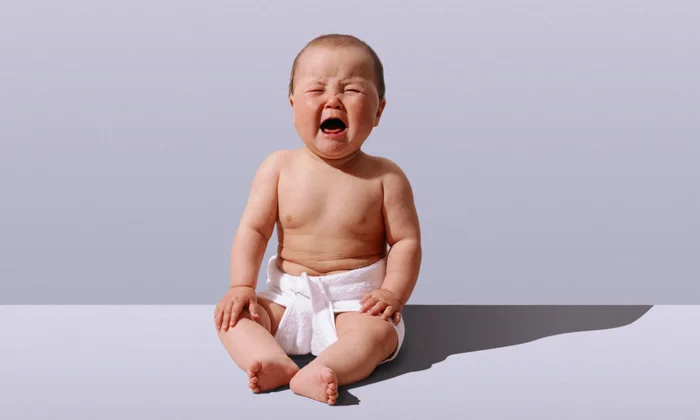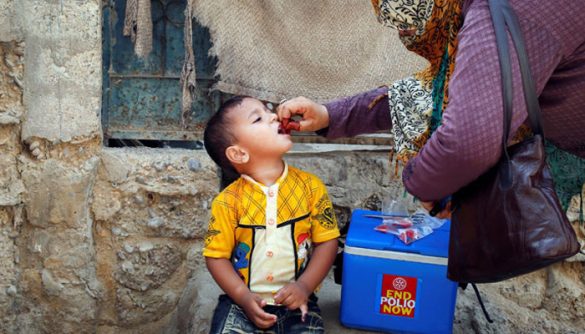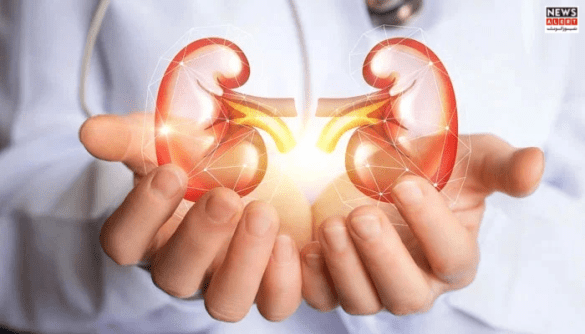Babies’ Cries Trigger Automatic Human Response
A new study from France has revealed that the sound of a crying baby does more than tug at heartstrings. It also raises the body temperature of adults who hear it — regardless of whether they are parents or not.
Researchers at the University of Saint-Étienne found that the physiological reaction is automatic and deeply rooted in human biology. The increase in body temperature, they suggest, reflects an instinctive drive to respond to an infant’s distress.
Using Thermal Imaging to Track Human Reactions
The study, published in the Journal of the Royal Society Interface, employed advanced thermal imaging technology to track subtle changes in the faces of adult volunteers.
Participants — both men and women who did not have children — were exposed to recordings of 16 different crying sounds from infants. These recordings varied in intensity and emotional tone, from mild whimpers to more distressing cries.
The audio clips were played in four separate sessions while thermal cameras captured changes in blood flow across the participants’ faces. The researchers observed that when the crying became more intense, the adults’ skin temperature, particularly around the face, rose noticeably.
Men and Women React Similarly
One of the most striking findings was the consistency of the response. Both male and female participants showed similar increases in body temperature.
This challenges the common assumption that women, especially mothers, are more biologically predisposed to respond strongly to infants’ cries. Instead, the study suggests that the reaction is universal, tied to human evolution rather than parental experience.
“The stronger the cry, the stronger the physiological reaction,” the researchers wrote. “This pattern was observed across genders and independent of parental status.”
The Role of the Autonomic Nervous System
The body’s autonomic nervous system — which regulates involuntary functions such as heart rate, breathing, and temperature — was found to be central to this response.
When adults hear a baby crying, this system triggers increased blood flow to the skin, causing a measurable rise in temperature. According to the scientists, this reflects an ancient survival mechanism that encourages humans to prioritize infant care.
In evolutionary terms, ignoring a baby’s distress could jeopardize survival. By ensuring that cries elicit an immediate, unavoidable reaction, humans have been able to enhance the survival of their offspring over millennia.
Why This Research Matters
Understanding how humans respond to infant cries can shed light on broader questions of empathy, caregiving, and human development.
While many past studies have focused on parents, this research highlights that the instinct to respond to a child in need is not limited to caregivers. Instead, it is a universal human trait.
Dr. Nicolas Mathevon, a bioacoustics expert at Saint-Étienne who has studied parent-infant communication for years, noted in related work that the pitch and intensity of a cry are carefully designed signals. They are difficult for adults to ignore, ensuring attention even in unrelated individuals.
Wider Context: Baby Cries and Human Psychology
Psychologists have long studied the impact of crying on human behavior. Previous research has shown that baby cries activate regions of the brain linked to empathy, stress, and decision-making.
For example, a 2017 study in Nature Communications found that hearing an infant’s cry can trigger increased activity in the amygdala, the brain’s center for processing emotional responses.
Similarly, parents of newborns often report heightened stress levels when exposed to crying, which aligns with the physiological effects described in this French study.
By adding thermal imaging evidence, the new research strengthens the understanding that baby cries act as powerful biological signals, eliciting both emotional and physical reactions.
Conclusion
The findings underline a simple yet profound truth: human beings are hardwired to respond to the vulnerability of infants. Whether parent or stranger, man or woman, the body reacts instinctively to the distress call of a baby.
In doing so, this response reinforces one of humanity’s most enduring traits — the impulse to protect and nurture the young.















